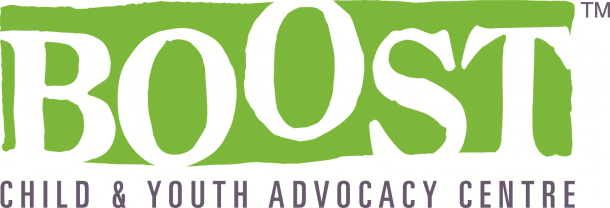A Guide for Parents
Talking about touch
All parents/caregivers want to do the best they can to ensure their children are happy, healthy and safe.
Below are some tips about how to talk to your children about safety, messages you can give to increase positive feelings about themselves and suggestions for teaching children about healthy touch.
Be open and honest with your children
Parents sometimes wonder how much is too much when it comes to teaching children about safety. While we don’t want to frighten children, it is important to be honest and open and give truthful, age appropriate answers in response to questions they may ask.
Build trust with your children
Children need to feel that adults trust them. Sometimes this means letting them make their own mistakes and learning from them. If you made a mistake in how you responded to them or a situation tell them you are sorry – this builds trust. If children earn a reward, don’t take it away for inappropriate behaviour – this breaks down trust.
Help your children feel good about themselves
Self-esteem is one of the most important things your child can have. Telling your child often that they are special and loved will build their self-esteem. Help your child to accomplish things. Accomplishment helps build self-esteem. Helping them to make good, safe choices and to respect themselves and others is one of the most effective ways to keep them safe.
Secrets
Remind children that no one should ask them to keep a secret from a parent or caregiver. Secrets about touching should never be kept, even if someone you know really well tells you to keep it a secret – touching is never secret.
Talk to your children about touch
Teach your children that there are different kinds of touch and that sometimes people touch children in ways that are not okay. Let them know that if they feel uncomfortable, it is always okay to tell you or another trusted adult. Make sure they understand that touching should never be kept secret and that all touching can be talked about. Teach them they have a right to say “NO” to any touch that makes them uncomfortable or in any situation where they are feeling threatened or in danger. Tell them that in these types of situations they do not have to be polite, and they are not being rude by saying “no.” Acknowledge that it might be too scary to say no, and that’s okay – tell them to “talk to an adult they trust about what happened, even if you couldn’t say no.”
Teach your children how and where to get help
Let your children know that they can come to you with any kind of problem. Sometimes children are embarrassed about a situation, and don’t want to come to you. They may also worry about upsetting you. Tell them that although you hope they would come to you, it’s okay to go to another adult they trust for help. Help them identify other safe adults they can ask for help if they need it (e.g., in an emergency, if frightened or feeling unsafe). Teach them to call 911 and explain that the police are always available to help. Do not use police as a threat when disciplining your child.
As your child gets older give them more information
You know your child best. Take your cues from your child and give them as much information as you think they understand. Make sure they understand what you are talking about before you go further. Stopping to ask, “Did that make sense to you?” or “Is that what you wanted to know?” may help to ensure the information you are providing is appropriate for their age and stage of development.
Keep talking and listening to your children
One discussion is usually not enough. Children learn best through repetition and reinforcement. Keep the lines of communication open and be sure to listen. Talk to your children every day about what’s going on in their lives (e.g., school, friends). Try to listen to their stories without offering judgment, commentary or solutions, until asked. This will strengthen your relationship.
If you need help, ask!
Remember parents do not have to have all the answers. If you need help there are resources you can contact. You can talk to another parent, your child’s teacher or doctor.




